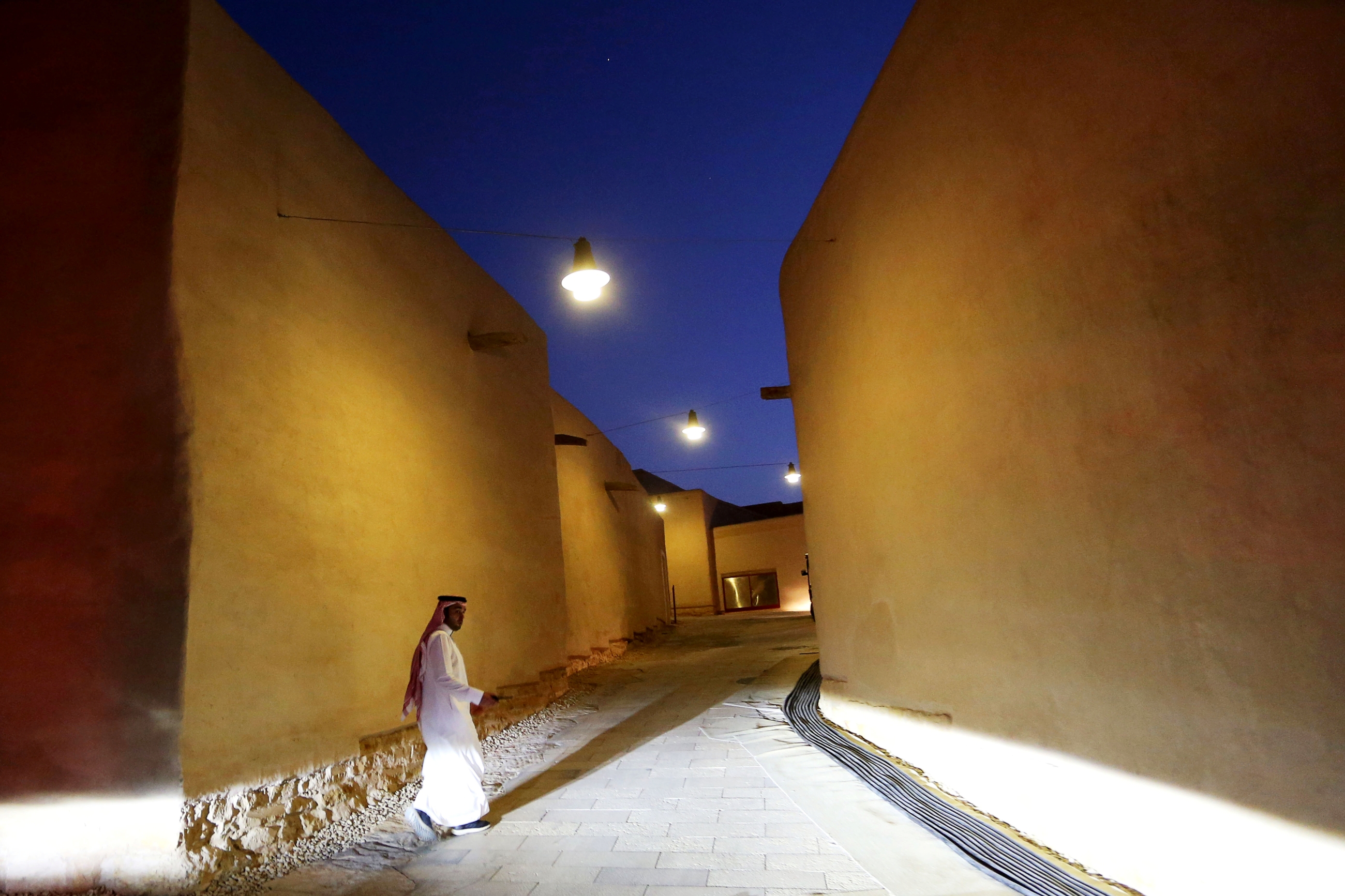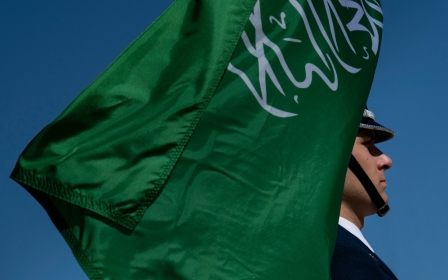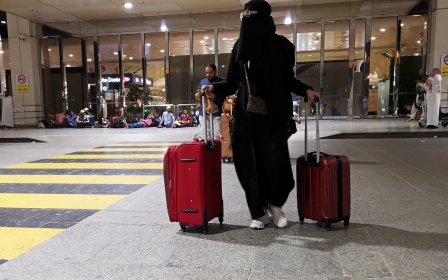Saudi Arabia lists public decency offences as it opens for tourists

Saudi Arabia on Saturday listed 19 finable violations related to public decency, as the ultra-conservative kingdom opens its doors to foreign tourists.
Riyadh launched on Friday a visa program allowing tourists from 49 countries to visit one of the world’s most inaccessible countries, where up till now most foreign visitors have been Muslim pilgrims and business people.
The offences listed on the new visa website include immodest dress, public display of affection, littering, spitting, queue jumping, taking photographs and videos of people without permission and playing music at prayer times. Meanwhile, alcohol remains illegal.
Fines range from 50 riyals ($13) to 6,000 riyals ($1,600).
However, Saudi Arabia also loosened its strict dress code for foreign women, allowing them to go without the abaya, an all-covering black robe, that is still mandatory public wear for Saudi women.
"The regulations are meant to ensure that visitors and tourists in the kingdom are aware of the law relating to public behaviour so that they comply with it," a government media statement said.
The statement said Saudi police are solely responsible for monitoring violations and issuing fines, further marginalising the Mutawa, the kingdom’s religious anti-vice squad.
The kingdom, relatively closed off for decades, has in recent years relaxed strict social codes, like segregating men and women in public places.
Under Saudi Arabia's older guardianship law, Saudi women were barred from travelling without permission from an assigned male guardian - usually a husband or family member.
However, in August Saudi Arabia issued a series of decrees granting women more personal freedoms, including the right to drive, travel without permission, obtain a passport and register child birth, marriage or divorce.
Supporters of the Saudi government have promoted the social reforms as part of a modernising drive implemented by Crown Prince Mohammed bin Salman.
Still, the reforms have been accompanied by a crackdown on dissent, including the arrest and alleged torture of a number of activists who have campaigned for years for women’s right to drive.
Middle East Eye propose une couverture et une analyse indépendantes et incomparables du Moyen-Orient, de l’Afrique du Nord et d’autres régions du monde. Pour en savoir plus sur la reprise de ce contenu et les frais qui s’appliquent, veuillez remplir ce formulaire [en anglais]. Pour en savoir plus sur MEE, cliquez ici [en anglais].




